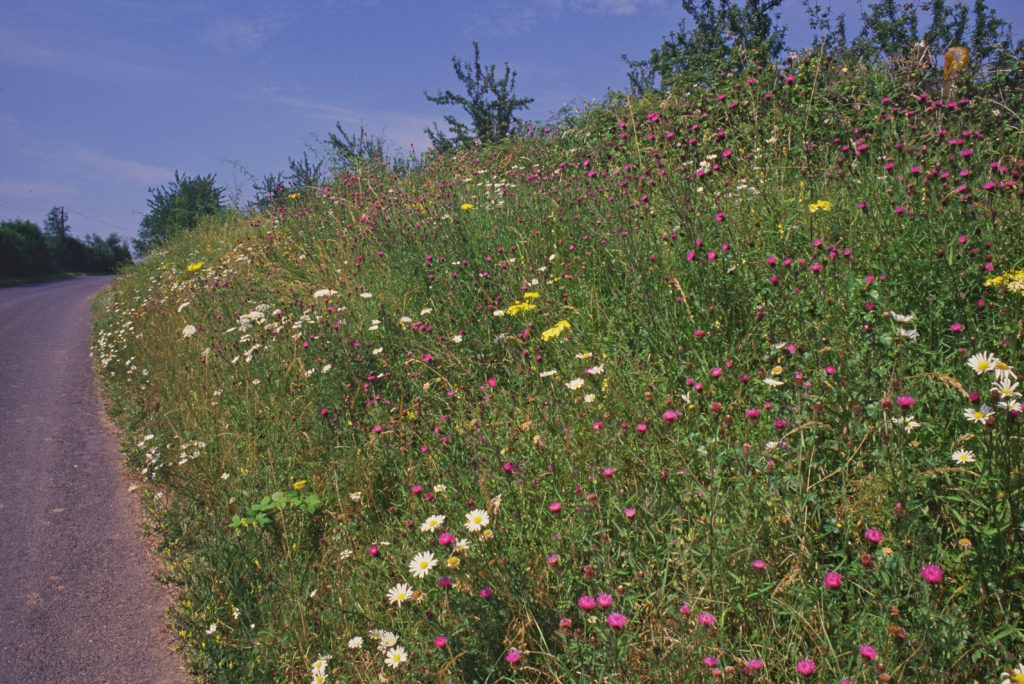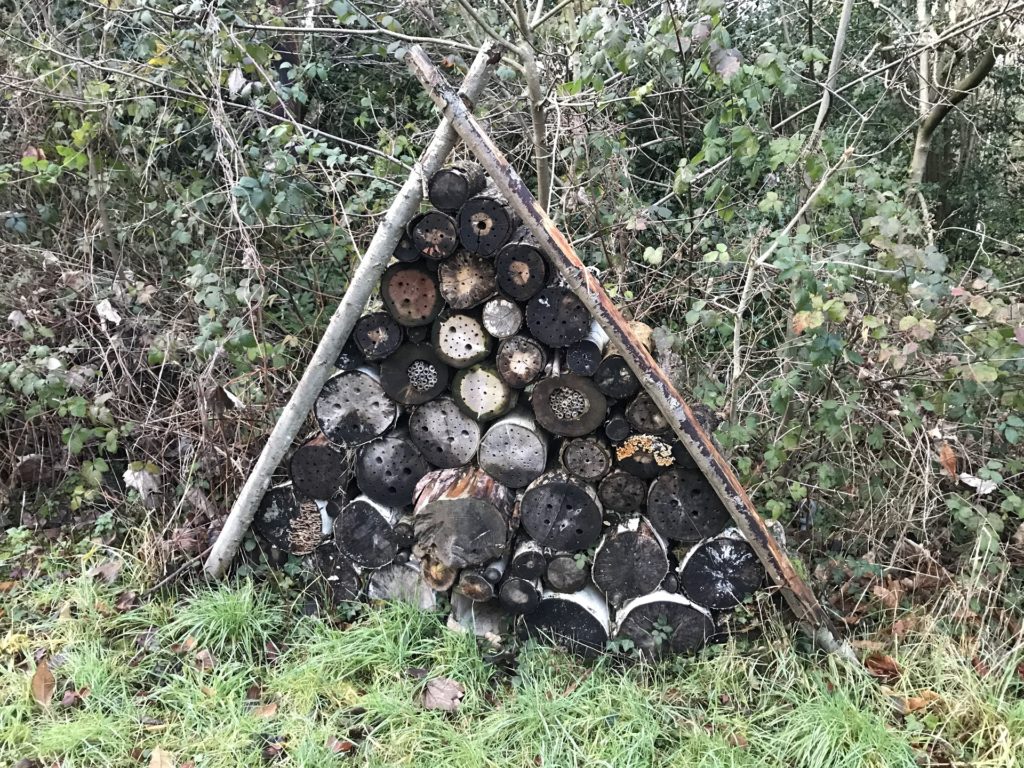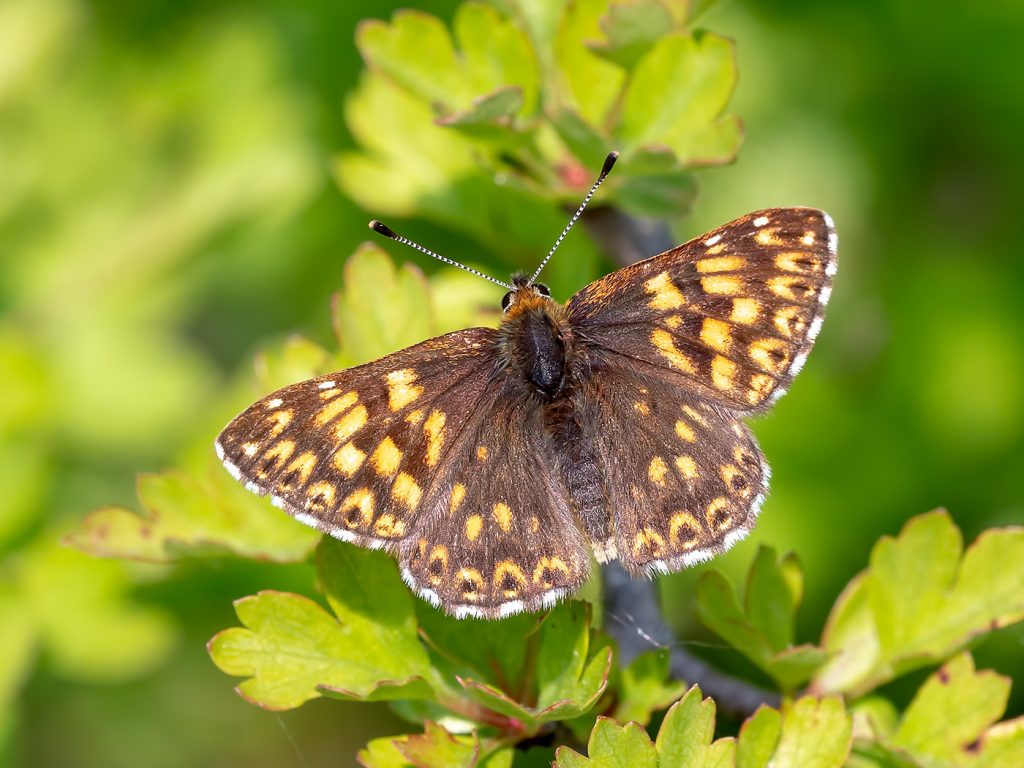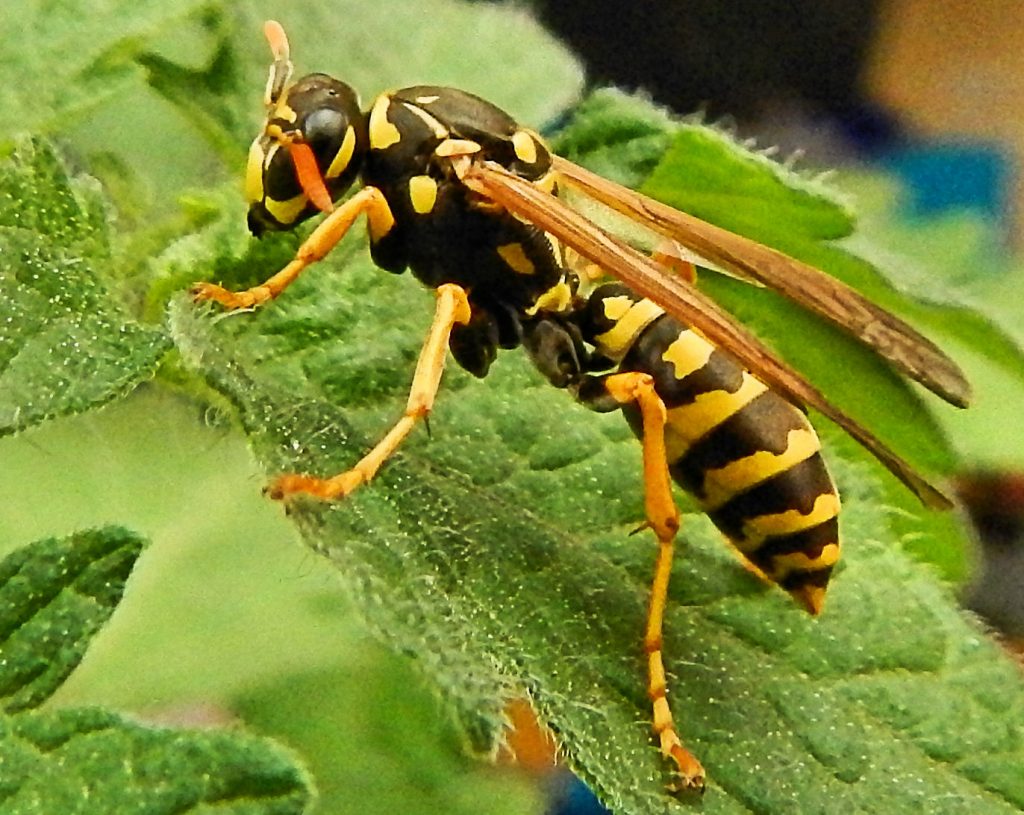The Guardian reports experiment using caffeine concoction on bees’ nests may help farmers ensure crops are pollinated.
Tag Archives: insects
Flying ants could swarm Euro 2020 final at Wembley
The Observer reports swarms of flying ants could swarm to Wembley and cloud the Euro 2020 final, after a radar detected millions of bugs over London and the south-east on Friday. As luck has it, the final between England and Italy is taking place on Sunday, which could fall into the mating period of ants, which go on a “nuptial flight” in huge numbers between June and September.
Although the Met Office has forecast “promising” weather for Sunday, it also picked up on the phenomenon potentially coinciding with the fixture and becoming a nuisance for buzzing players and fans.
Nature belts aim to bring lost life back to edge of towns

The Times reports bees, butterflies and birds could return to the outskirts of towns and cities under plans being considered by ministers to create a “wild belt” to restore depleted natural habitats. Robert Jenrick, housing secretary, is understood to be keen on the idea of wildlife corridors as a way to encourage greater biodiversity across the country.
Conservationists check out of retailers’ ‘disastrous’ bee hotels

The Times reports conservationists have warned that bee and insect hotels for sale in retailers including Dunnes Stores and Lidl, as well as in many garden centres, could have a sting in the tail: they may not help many bees and could be harmful if used incorrectly.
Count bug splats on cars to study insect decline, UK drivers urged
The Guardian, and iNNewsreport a new app that tracks bug splats on car number plates will enable UK citizen scientists to help shed light on the worrying decline of insects.
Older drivers will remember scrubbing large numbers of splatted insects from windscreens after journeys in past decades. But a 2019 study that analysed car registration plates after trips in Kent found a 50% fall in splatted bugs compared with 2004.
The charity Buglife has now launched the free Bugs Matter app to enable people to collect valuable data. Users start by cleaning their number plate before a journey, which is then tracked by the app to collect location and time data.
Climate change clips wings of moths, NatureScot study reveals
The Times reports Scotland’s moth population has been badly damaged by climate change, experts have said. The latest research shows that moth abundance has almost halved, falling by 46 per cent between 1990 and 2018 and still dropping. Yet the study showed moth occupancy — the distribution of the insects across Scotland — has risen by 16 cent between 1990 and 2016.
Climate change is likely to be an important factor behind the trends, driving some species north, with corresponding surges in occupancy. At the same time, warmer, wetter winters have been shown to affect some moths badly while others suffer from detrimental land management and habitat changes.
Wildlife-friendly UK farms help Duke of Burgundy butterfly numbers take flight

The Guardian reports this is the time of year when the Duke of Burgundy, a small jewel of a butterfly named after an unknown aristocrat, takes to the wing.
Ten years ago, it was Britain’s rarest butterfly, living in tiny colonies on scrubby chalk or limestone grassland. Now it has bounced back, its population surging by 25% over the decade.
Last spring, one of the biggest colony of Dukes in the country was discovered by Martin Warren, the author of Butterflies: A Natural History. This was a chance find but the thriving population on chalk downland in Dorset is no accident.
Wasps may be hated – but they’re actually one of our most valuable species, study finds

iNews reports wasps may be the most hated creature in the garden but they are actually among the most valuable species around, a study has found. Researchers have conducted a major investigation into the 33,000 species of wasp and concluded they are the most unfairly maligned insects in the back yard. They conclude that wasps deserve to be just as highly valued as other insects, such as the much loved species of bees, because they play a key role as pollinators and as predators – keeping the insects they eat further down the food chain in check…
Government agrees to release parasite wasps to kill invasive pests attacking sweet chestnut trees
iNEWS reports thousands of parasite wasps are set to be released in England in an effort to kill an in invasive pest attacking sweet chestnut trees. The Government has granted approval for Torymus sinensis, a type of parasite wasp, to be introduced in order to attack the invasive Oriental Chestnut Gall Wasp.
Concern has been mounting about the fate of England’s sweet chestnut trees after the Oriental Chestnut Gall Wasp was first spotted in Kent in 2015. The wasp’s larvae causes abnormal growths – known as ‘galls’ – on the leaves of sweet chestnut trees. Large infestations can weaken the host tree, making it more vulnerable to pests and diseases.
A bug’s life: how a volunteer army is putting Britain’s wildlife on the record
The Guardian reports amateur nature recorders are providing vital data on beetles, soldierflies and a host of lesser-known insects
